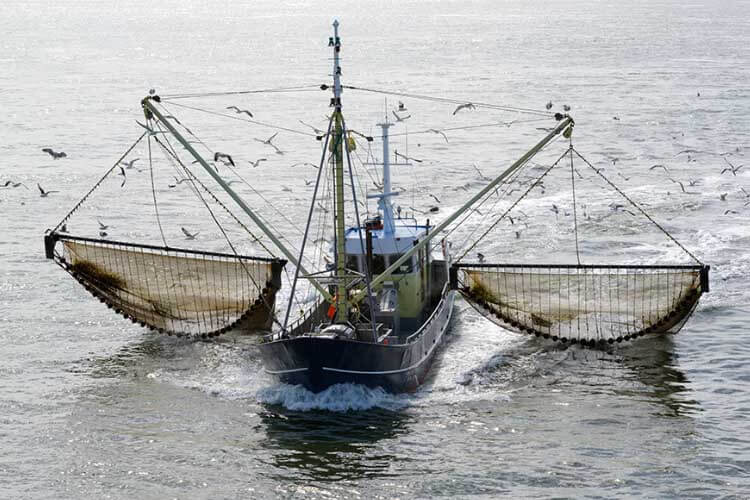
O Reino Unido tem expressado preocupações em relação à situação na Amazônia em vários aspectos, incluindo questões ambientais e de direitos humanos.
Em relação às questões ambientais, o Reino Unido tem expressado preocupações sobre a degradação ambiental da região amazônica devido ao desmatamento e às mudanças climáticas. A Amazônia é considerada um dos principais pulmões do mundo, e sua destruição pode ter efeitos graves sobre o clima global. O Reino Unido tem pressionado o Brasil a tomar medidas para combater o desmatamento e as mudanças climáticas, e tem oferecido assistência técnica e financeira para ajudar o país nesses esforços.
Além disso, o Reino Unido tem levantado preocupações sobre os direitos humanos na região amazônica, incluindo a violência contra os povos indígenas e as comunidades locais que vivem na área. Essas comunidades são muitas vezes afetadas pelo desmatamento e pela expansão agrícola e de mineração, o que pode levar à perda de seus territórios e meios de subsistência. O Reino Unido tem pedido que o Brasil tome medidas para proteger os direitos dessas comunidades e respeitar os acordos internacionais de direitos humanos.
Recentemente, houve também preocupações específicas sobre a aprovação de projetos de lei pelo governo brasileiro que podem facilitar a exploração de recursos naturais na região amazônica, incluindo terras indígenas e unidades de conservação. O Reino Unido, juntamente com outros países e organizações internacionais, tem pedido que o Brasil reconsidere essas medidas e consulte as comunidades afetadas antes de tomar qualquer decisão.
Sem retirar a importância de se proteger a Amazônia, que deve ser preservada com muito mais intensidade do que o Brasil tem feito, é importante também olhar a questão ambiental como um todo. Isso significa que todos os países devem se responsabilizar por implementar ações de proteção ao meio ambiente que estejam ao seu alcance.
A pesca britânica no Mar do Norte tem um impacto significativo no meio ambiente. A região é uma das áreas de pesca mais produtivas do mundo, e as práticas de pesca intensivas e não sustentáveis podem ter impactos negativos na biodiversidade e nos ecossistemas marinhos.
Uma das principais preocupações é a sobrepesca, que ocorre quando o nível de captura é maior do que a capacidade de regeneração das espécies. Isso pode levar a uma diminuição da população de peixes, impactando diretamente a cadeia alimentar e reduzindo a biodiversidade da região. O Mar do Norte já sofreu uma significativa redução de espécies de peixes, como o bacalhau e o arenque, devido à pesca excessiva.
Além disso, a pesca de arrasto é frequentemente usada na região, o que pode causar danos significativos aos ecossistemas marinhos. O arrasto é uma técnica de pesca que consiste em arrastar uma rede pelo fundo do mar para capturar peixes e outros organismos marinhos. Essa técnica pode causar danos a habitats importantes para outras espécies, como corais e algas, além de capturar espécies que não são o alvo da pesca, como tubarões e tartarugas.
Outra preocupação é o descarte de capturas indesejadas. Os pescadores muitas vezes jogam de volta ao mar peixes que não são o alvo da pesca, mas que foram capturados juntamente com as espécies desejadas. Esse descarte pode ter um impacto significativo no ecossistema, já que as espécies descartadas podem morrer ou sofrer danos antes de serem liberadas de volta no mar.
Além disso, a pesca britânica no Mar do Norte também pode ter um impacto significativo nas aves marinhas, que muitas vezes são atraídas para os barcos de pesca e podem ser capturadas acidentalmente pelas redes de pesca. Isso pode ter um impacto negativo na população de aves marinhas, muitas das quais já enfrentam ameaças significativas devido à perda de habitat e outras pressões ambientais.
Esse é apenas um dos casos que mostra a necessidade de se pensar na questão ambiental de uma forma mais ampla e não apenas considerando a Amazônia como se fosse a única discussão que deveria ser encaminhada em nível mundial.
Pós-Doutor em Competitividade Territorial e Indústrias Criativas, pelo Dinâmia – Centro de Estudos da Mudança Socioeconómica, do Instituto Superior de Ciencias do Trabalho e da Empresa (ISCTE, Lisboa, Portugal). Doutor em Relações Internacionais pela Universidade de Brasília (2007). É Diretor Executivo do Mapa Mundi. ORCID https://orcid.org/0000-0003-1484-395X
